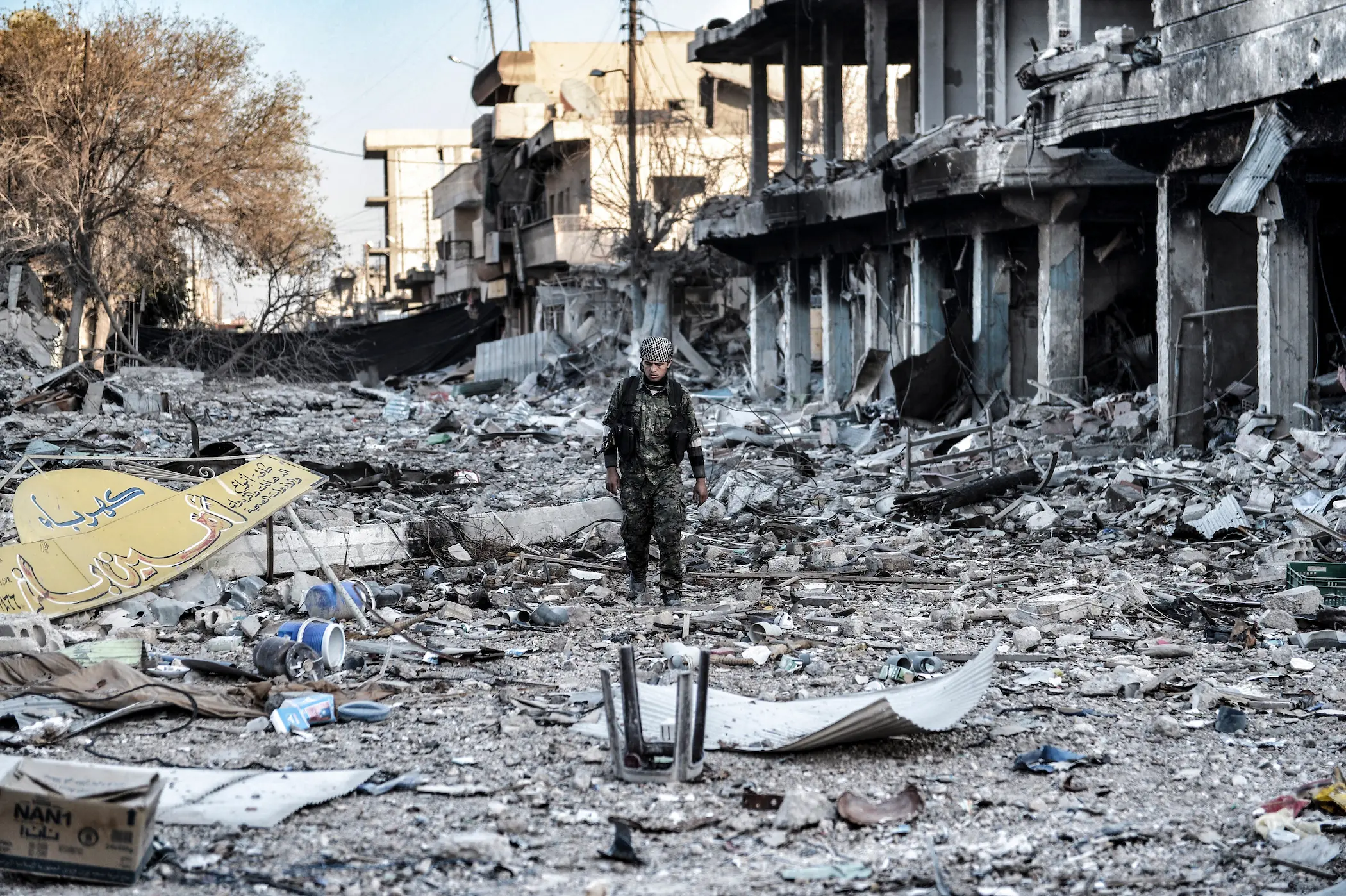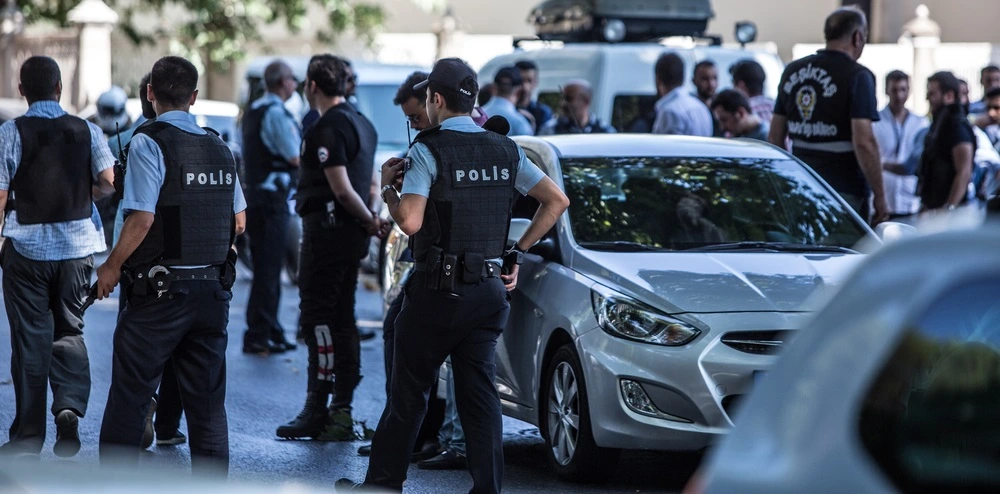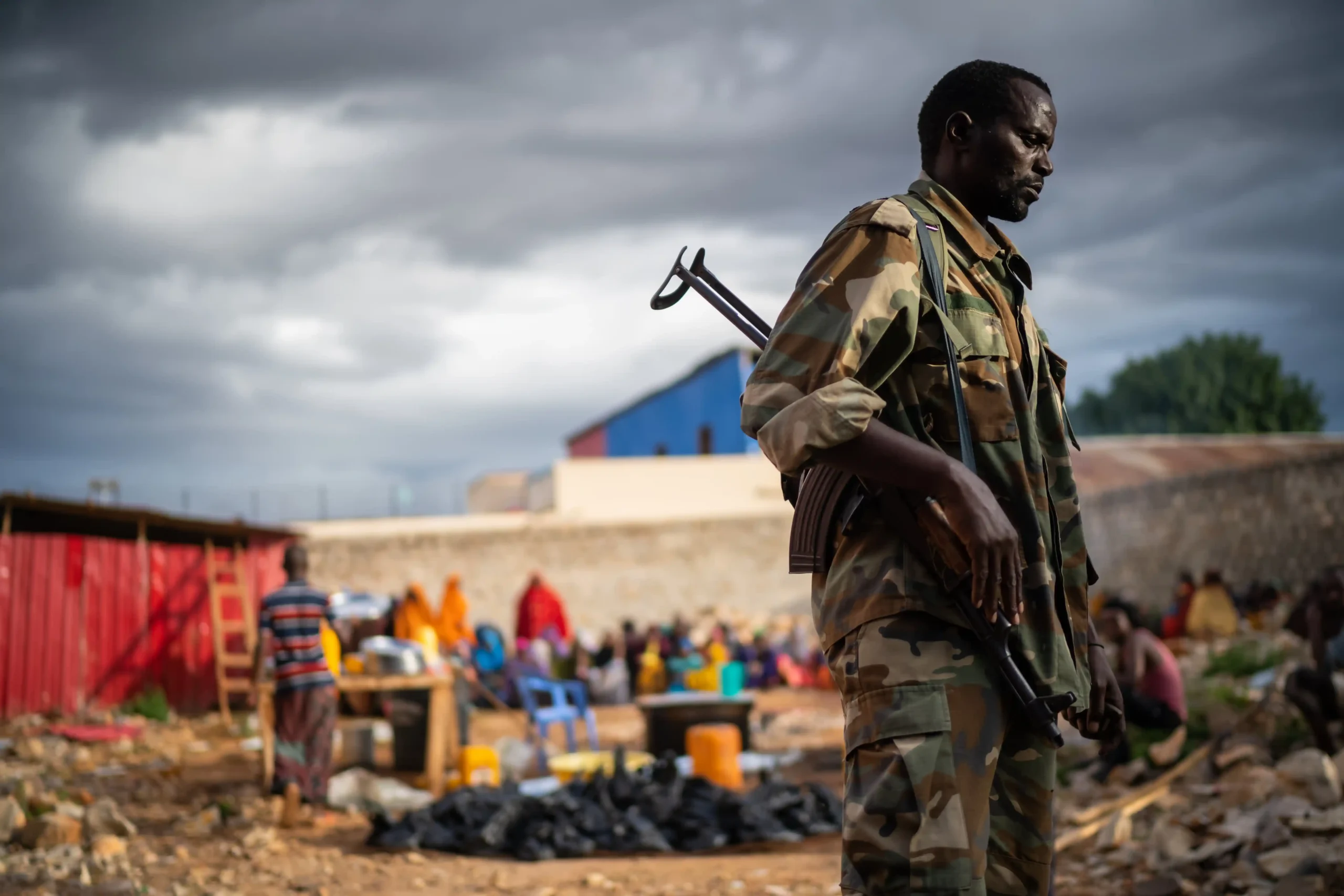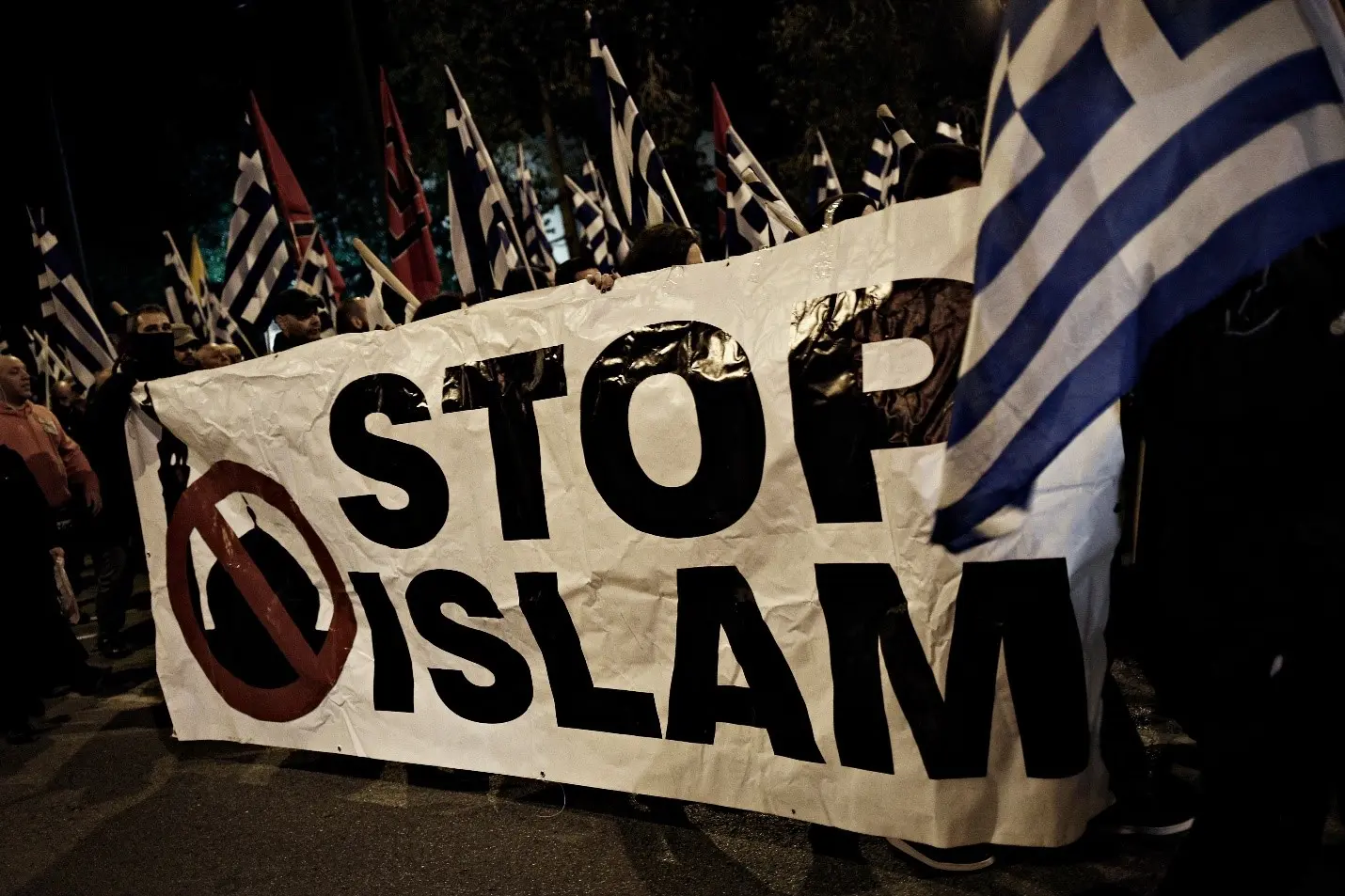18 May 2025
A New Regional Committee to Fight ISIS
In March 2025, Turkey, Syria, Jordan, Lebanon, and Iraq agreed to create a joint committee to fight the Islamic State of Iraq and Syria (ISIS). While this committee reflects the desire of regional countries to take lead in deterring regional security threats, it also motivates the United States to withdraw its forces from Syria, giving more space to the new formed committee to fight ISIS. Moreover, the newly formed committee could serve as an alternative to the U.S.-led international coalition that was established in September 2014 to counter ISIS and curb its spread in Syria and Iraq.
While the coalition was instrumental in weakening the group, mainly through airstrikes and by supporting Kurdish armed factions on the ground, it now appears that regional actors are stepping in to lead the next phase of counterterrorism efforts.
12 Sep 2024
Turkey and Somalia: A New Rising Pact in the Horn of Africa
Turkey has a deep interest in the Horn of Africa and considers it as the gate to the East of the continent. Since 2011, Turkey has increased its humanitarian aid to Somalia, signed military and economic agreements and contributed to the process of state-building through allowing its companies to construct infrastructure, schools, hospital, and governmental premises. In 2017, Turkey has opened the largest military base, known as TURKSOM, beyond its borders to fully qualify the Somali army to deter the threat arising from the Al-Shabab movement that has been designated as a terrorist organization by the United States (U.S.) since 2008.
In February 2024, Turkey signed significant military and economic agreements with Somalia, allowing it to a key player in the politics of Horn of Africa. According to the 10-year pact, Turkey will help Somalia to defend its maritime against piracy, smuggling, and foreign intervention from Ethiopia. Turkey is also obliged by the terms of this agreement to train and rebuild the Somali naval forces. The process of rebuilding includes weaponizing the Somali naval forces with Turkish weapons manufactured locally. These weapons include frigates built mainly for the Somali navy, which means that the Turkish military exports will witness an increase of demand on its products in the forthcoming years. This would motivate other countries to buy Turkish weapons, especially if Turkish weapons proved its efficiency in securing Somali maritime. These agreements also enable Turkey to work on extracting natural resources from the Somali territorial water in return for an agreed-upon percentage for Turkey. Some reports revealed that Turkey will receive 30% of the revenues of the Somali economic zone. Somali airspace will also be fully opened for Turkish military use. This analysis explores Turkish motivations of signing this agreement and the challenges that it might confront while implementing it.
29 Jan 2024
Decoding the Istanbul Church Attack
This article was originally published on Ahram Online on Jan. 31, 2024.
The attack on the Santa Maria church in Istanbul is the first attack on Turkey claimed by IS since 2017. According to the Islamic State's statement, the attack was a response to one of its leaders instructing for the attack on "Jews and Christians". However, the end goal of the attack remains unclear and that raises questions about the legitimacy of IS’s claim. Over the last decade, the world has witnessed a sharp rise in terrorist attacks often claimed by terrorist groups striving to establish their relevance and influence over international politics. In fact, between 1998 and 2016, an estimated 16% of attacks were falsely claimed.
30 May 2023
Somalia’s Gamble on American Intervention
A humanitarian crisis is unfolding in Somalia after flash floods have displaced over 200,000 people, exacerbating the country’s ongoing struggle with mass starvation, water scarcity and terrorism. For over a decade, jihadi organisation al-Shabaab has carried out attacks and terrorised civilians, both in Somalia and neighbouring countries including Kenya and Ethiopia, prompting extensive counterterrorism offensives by the Somali government with support from numerous international actors including the US, UK, EU, Eritrea, and Turkey. Not surprisingly, the US holds one of the largest shares in security assistance (and peacekeeping operations) funding to Somalia, amounting to around $3 billion in the last decade. Where insurgency goes, the American military follows, but to what effect? If there were ever doubts about the long-term effectiveness of American military intervention, the Taliban’s takeover in Afghanistan in 2021 certainly solidified their validity. Though the intervention in Somalia can be considered low profile relative to other American adventures, that might be a cause for more concern. In the wake of recent developments, the question of if Somalia will be the next Afghanistan emerges once again.
4 Apr 2023
Is Islamophobia on the Decline in Europe?
Islamophobia is a combination of hatred, fear, and prejudice towards Islam and Muslims. This phenomenon is manifested in violence against Muslims and Islamic symbols, as well as discrimination and antagonism in daily life. Over the last two decades, there has been a sharp rise in anti-Muslim prejudice, leading many nations to take unjustified action against Muslims in response to the security concerns that have been levelled against them. The persistence of prejudice and hatred against Muslims is also a result of widespread misconceptions about Islam. In addition to several incidences targeting Muslims and their symbols, Islamophobia has spread through statements, attitudes, and campaigns that fuel anti-Muslim sentiment. Muslims frequently face discrimination in countries where they are a minority and have trouble accessing products and services, education, and jobs. Islamophobic hate crimes typically rise following particular occurrences, such as terrorist acts, often provoking collective punishment.
On the other hand, there has also been an increase in tolerance recently, with a noticeable expansion of Muslim celebrations and rituals in various European cities. For example, Ramadan was observed in London by a few English clubs and Muslim footballers were given time to break their fast by English Football Association. The German Federal Ministry of Education and Research also issued a letter allowing Muslim instructors in Berlin to wear the veil (hijab). Considering these seemingly minor but significant societal developments, this analysis investigates the repercussions of these changes on the presence of Islamophobia in Europe to determine whether the phenomenon has declined or if these manifestations are still too superficial to affect the depth and roots of the issue.




